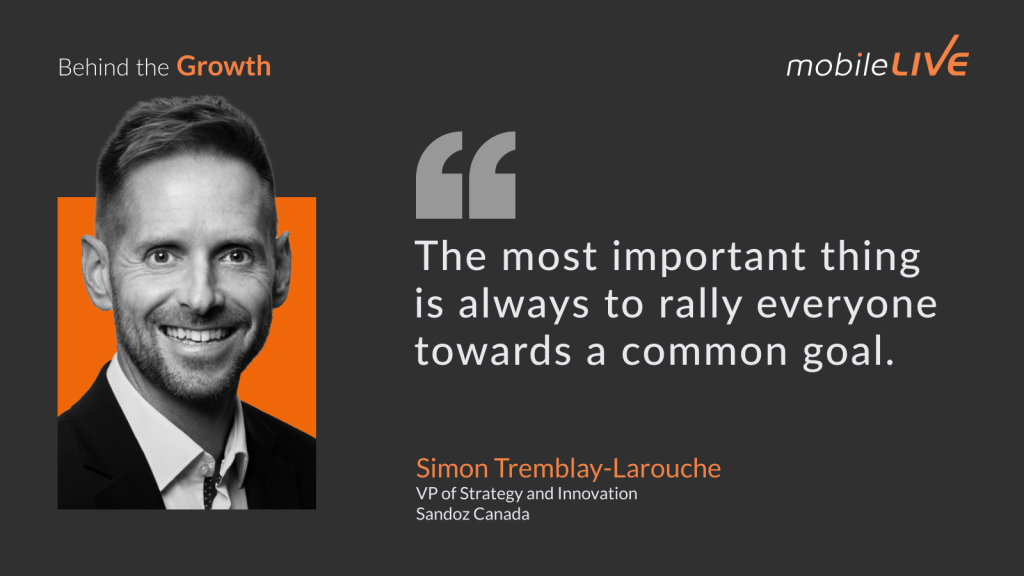Key Insights
Strategic Planning Transcends Industries
Strategic planning is a universal skill set that applies across various industries. Despite the distinct challenges and operational nuances of sectors like banking, insurance, telecom, and pharmaceuticals, the fundamental principles of strategic thinking remain consistent. By leveraging expertise in strategic reflection and planning, innovation and transformation can be driven even in traditionally conservative industries like pharma. This approach involves a thorough understanding of organizational goals, procedural planning, and the ability to adapt strategies during implementation, ensuring that long-term objectives are met effectively.
Building Relationships is Key
Building strong, lasting relationships is essential for career success. Trust and authentic connections with colleagues, mentors, and leaders can significantly impact one’s professional journey. Maintaining these relationships provides opportunities and support, leading to collaborative success and enduring partnerships. These connections often result in successful strategic roles where teamwork and consensus are critical. Cultivating these relationships helps navigate career transitions and achieve long-term goals.
Pharma Needs Innovation and Efficiency
The pharmaceutical industry is at a crossroads, requiring both innovation and increased efficiency to meet current and future challenges. As the sector grapples with resource shortages and the complexities of biosimilars, there is a pressing need to streamline operations. Automation and AI play crucial roles in this transformation, enabling pharmacists to focus more on patient care by reducing the burden of repetitive tasks. Moreover, effective data management is critical for making informed strategic decisions. By centralizing and automating processes, pharma companies can enhance their operational efficiency and better support healthcare professionals and patients.

Episode Highlights
Career Transition from Engineering to Strategy
The conversation begins with Simon Tremblay-Larouche sharing his career journey, transitioning from engineering to strategic business roles. He discusses his initial motivations, influenced by his background in tennis and academic strengths in math and science. This led him to pursue engineering initially. However, his desire to be involved in decision-making processes inspired him to move towards business and strategy. His experience at Boeing and his subsequent decision to pursue an MBA marked significant turning points.
“My first career path was really because I was playing tennis back then. I was nationally ranked in the juniors top five, and then I decided to go to a U. S. university to keep playing tennis in the NCAA division One circuit […] I was good at math. I was good at physics, science. I was like, okay, I’ll just take engineering […] I was on a more technical road. I was working at Boeing in Seattle and I missed that sense of knowing why we are making those business decisions.”
Importance of Adaptability in Career Growth
The discussion highlights the importance of adaptability in career growth. Simon emphasizes that being open to exploring different roles and industries is crucial. He reflects on his time at KPMG and how the opportunity to work in corporate strategy allowed him to learn from experienced professionals and develop a strategic approach. This adaptability has been a key factor in his ability to navigate various industries and roles successfully.
“When I got that first real job in corporate strategy […] I really learned how to manage strategy. All of the team were past experience from large business management consulting firms. So they had an approach and that’s really where I learned how to implement the strategic approach, maybe in terms of performance monitoring, maybe in terms of strategic reflection, strategic planning for 35 years […] I really got the bug of being close to those executives at that point in my career.”
Challenges in Achieving Consensus
Simon discusses the challenges of achieving consensus in strategic planning. He explains that while it is difficult to get everyone to agree on a strategy, the focus should be on rallying everyone towards a common goal. Understanding each individual’s motivations and building relationships within the organization are essential steps in developing a strategy that addresses various perspectives and aligns with the organization’s objectives.
“It’s hard to get a consensus. And it’s almost impossible to get a consensus on the strategy. But I think the most important thing is always to rally everyone towards a common goal […] How do you get close to those people? How do you learn from them? How do you understand their expertise and what motivates them? […] trying to make sure that we develop a common goal that will do the best of the possibility, address everyone’s motivation.”
Role of Data and Automation in Pharma
The conversation shifts to the role of data and automation in the pharmaceutical industry. Simon explains how these elements are crucial for improving efficiency and supporting healthcare professionals. He discusses specific initiatives aimed at centralizing and automating prescription fulfillment processes to alleviate the workload on pharmacists, enabling them to focus more on patient care. The use of AI in managing allocation processes is also highlighted as a key area for innovation.
“AI for us right now is more in terms of internal solutions, more than external to our customer and patients. But obviously there will be the beneficiary of this […] we’re helping them to centralize and better automate the fulfillment of those prescriptions that are more commodity or prescription renewals […] For this, it’s really how do you build a factory where you can automate this when you can fulfill for all of your pharmacies […] we’re really working with multiple partners to build this central.”







